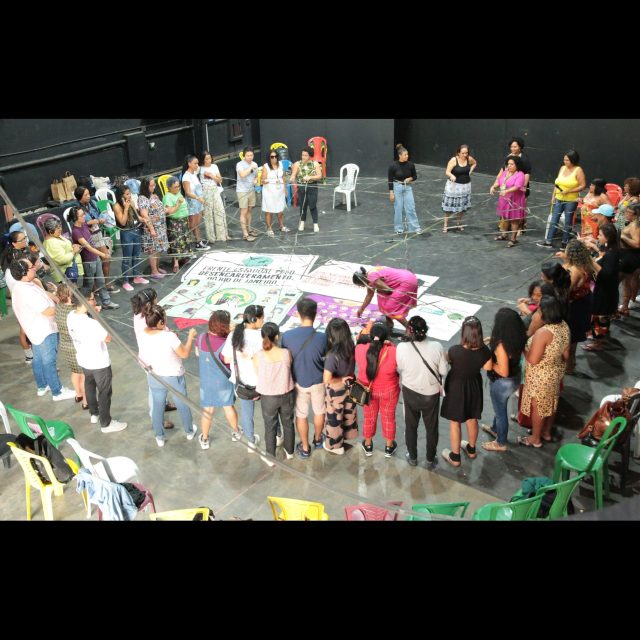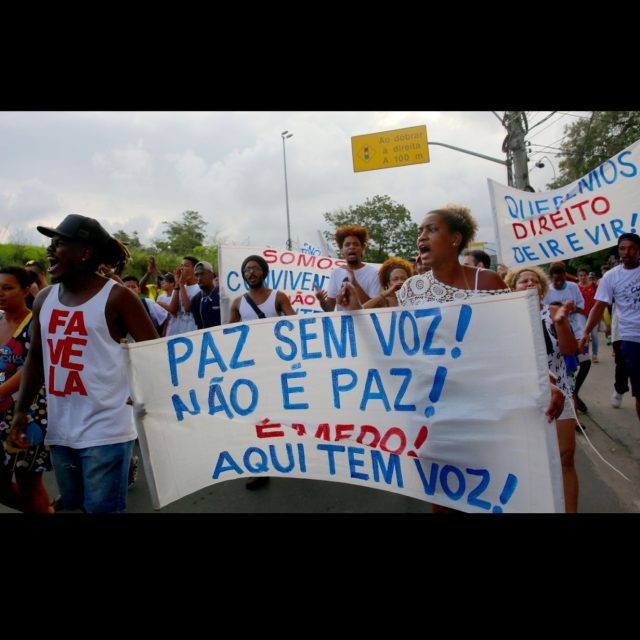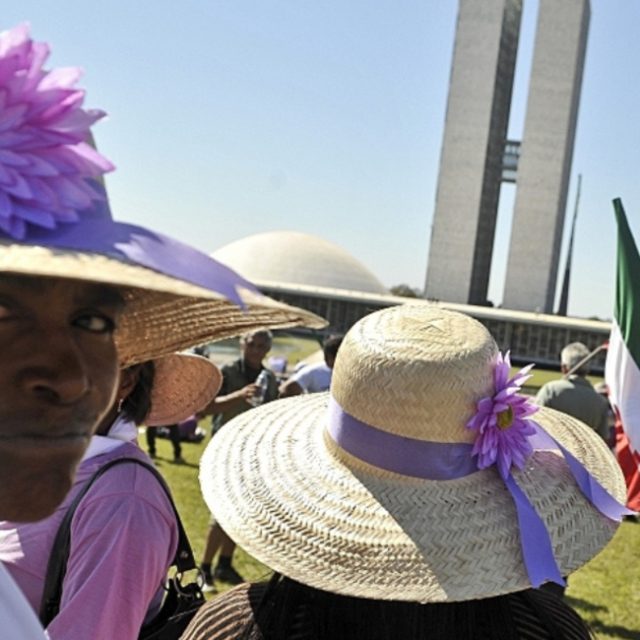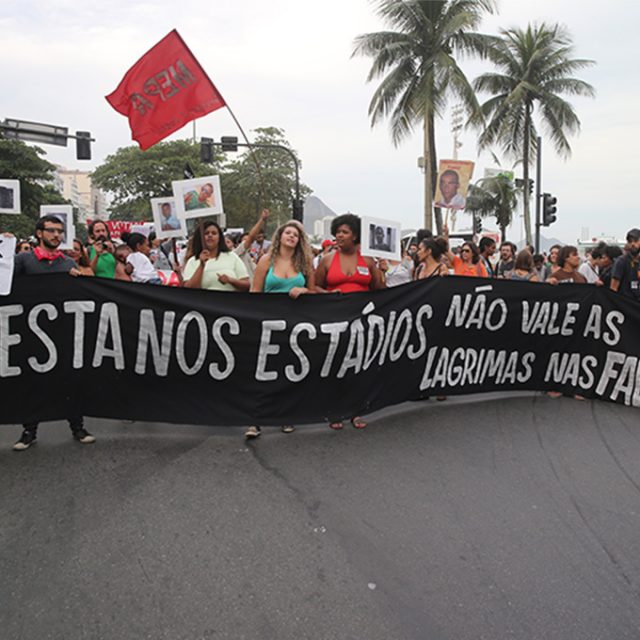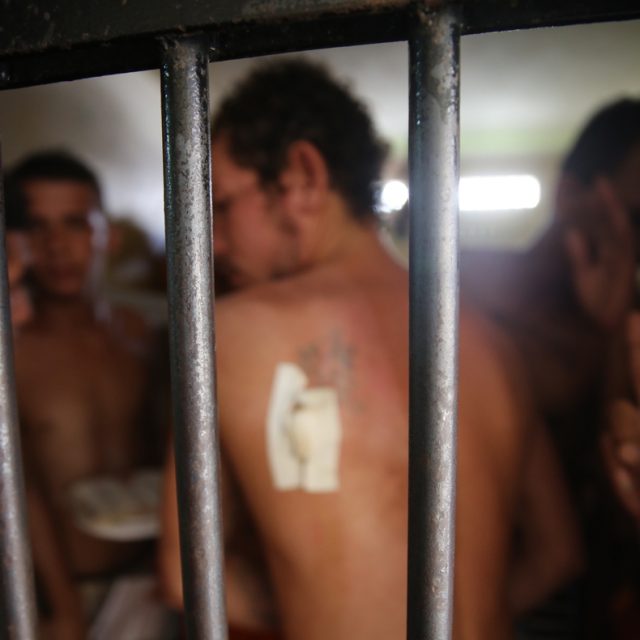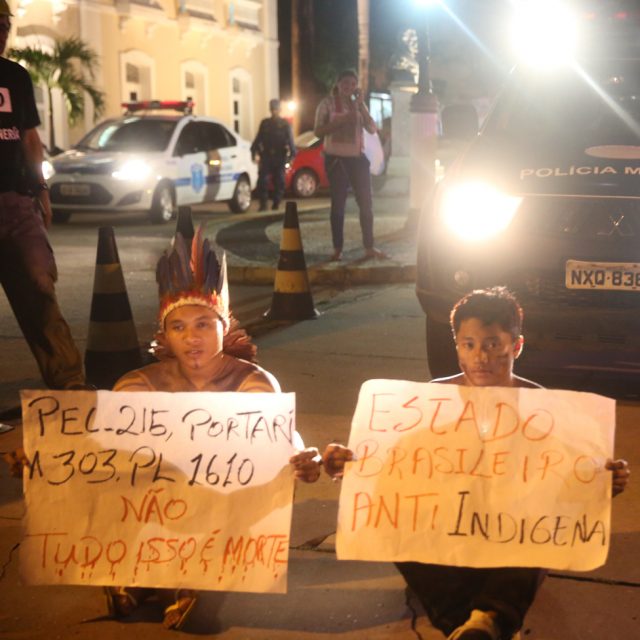
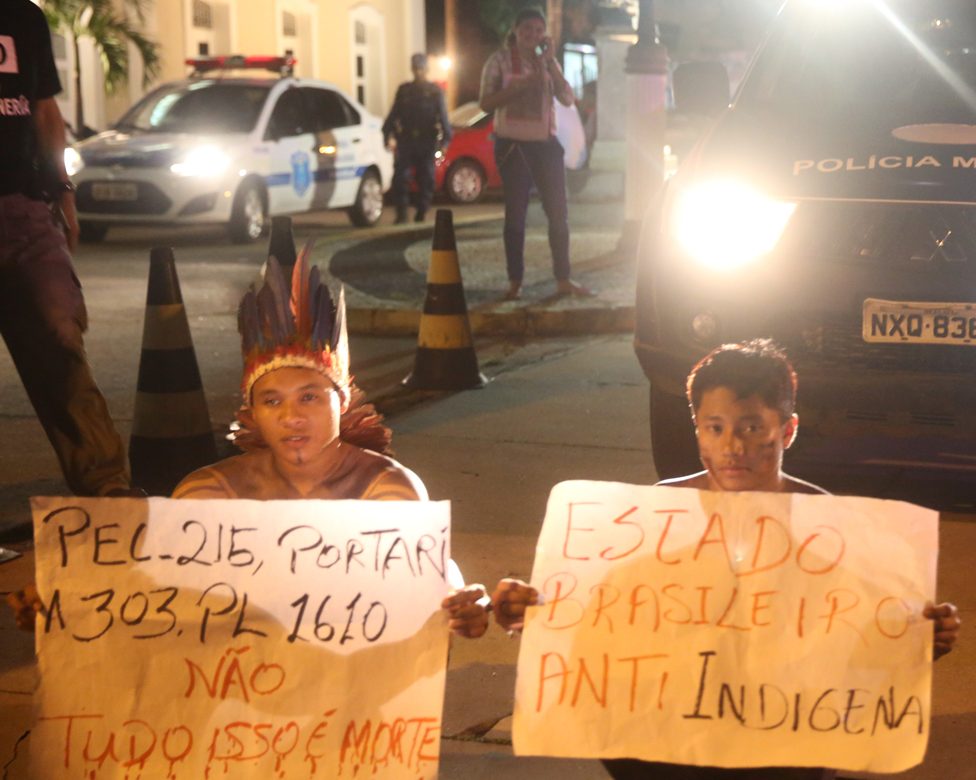
Access to land is crucial to guaranteeing other basic rights: food, housing, water, culture and identity, and social reproduction, among others. The construction of property in Brazil, however, involved the expropriation and exclusion of countless people, especially of indigenous and African origin. The guarantee of land and collective territory is essential for traditional peoples and communities to preserve their cultural heritage. This right is recognized by Convention No. 169 of the International Labor Organization (ILO), ratified in Brazil in 2012, and which establishes prior, free, and informed consultation with these groups.
To date, only 65% of the 736 indigenous territories already identified by the National Foundation for Indigenous Peoples have been demarcated. There are still another 490 claims under analysis. In relation to quilombola peoples, while 2,849 communities were certified by the Fundação Cultural Palmares, only 54 territories were titled (partially or integrally) by the competent body, the National Institute of Colonization and Agrarian Reform (Incra).
